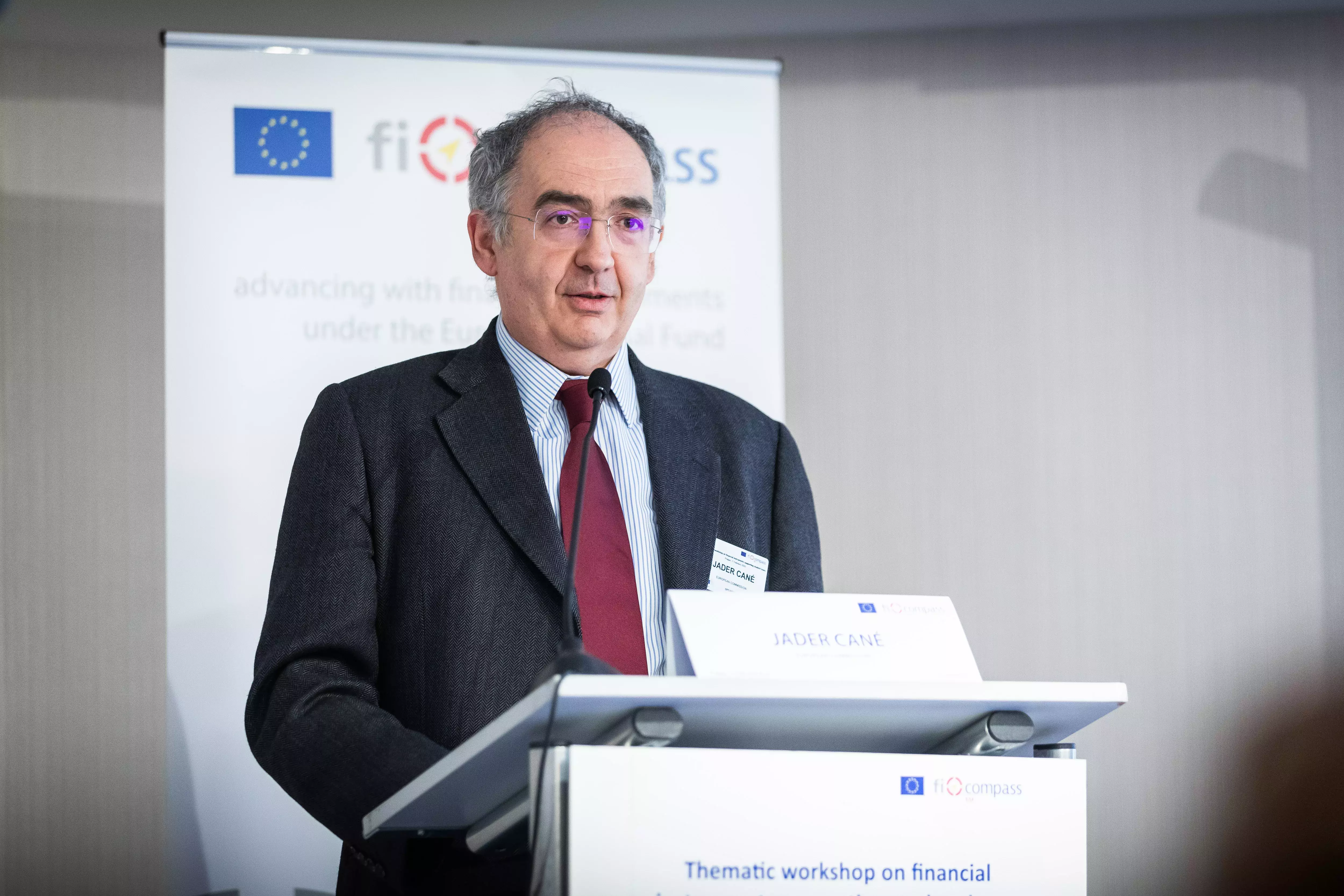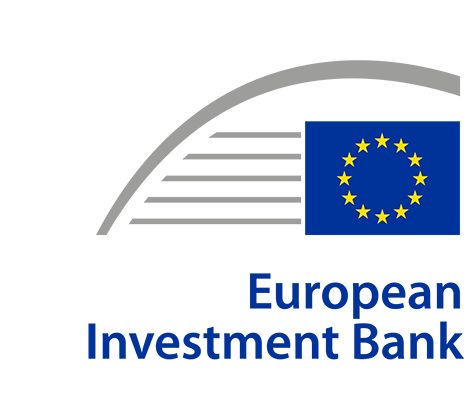The ‘Thematic workshop on financial instruments for student loans’ , organised by the European Commission – Directorate General for Employment Social Affairs and Inclusion (DG EMPL) in partnership with the European Investment Bank (EIB), took place in Prague on 11 February 2020.
The event gathered some 70 experts from across Europe, letting them exchange and discuss the opportunities and challenges of setting up financial instruments aimed at facilitating the achievement of higher education level for students, workers and citizens at large.

The day has been kicked off by Jan Vaňkát, Ministry of Regional Development, Czech Republic and Daniel Pitonak, Ministry of Education, Science, Research and Sport of the Slovak Republic, who informed the audience about the state of the art of financial instruments in the respective countries and shared their views about innovative measures supporting higher education.
As remarked by Jader Cané, DG EMPL, European Commission, it is a policy priority to support higher education levels in many areas of Europe, thus keeping the pace with the transformations currently underway in the EU economy and employment landscape (digitalisation and automation among others). Financial instruments catering for such needs are much welcomed by the European Commission.
Andrea Da Pozzo, DG EMPL, European Commission, shared with the audience the increase in the take-up of financial instruments under ESF in the current programming period: 51 ESF financial instruments are currently operating across Member States, with some EUR 815 million of committed resources and approximately EUR 49 million paid to final recipients.
The workshop has then deep-dived into practical case studies.
Cristina Jacinto and Nuno Proença, managing authority of the Human Capital Operational Programme, and Marco Neves, Sociedade Portuguesa de Garantia Mutua, have presented to the audience the features of the ESF guarantee scheme that enables Portuguese students to get further in their education careers. With a multiplier of around 6x, the ESF has so far supported almost 750 recipients.


Afterwards Alessandro Apa, EIB, introduced the rationale and purpose of the loan facility set up by the Italian Ministry of Education, University and Research. Features of the financial products, as well as communication and outreach aspects of the financial instrument have been addressed by representatives of the two selected financial intermediaries, Bruno Cassola, ICCREA Banca and Lorenzo Mancini, Intesa Sanpaolo, who elaborated on the pros and cons for private intermediaries in being involved in such schemes.
The afternoon session has featured the presentation of Chiara Amadori, European Investment Fund (EIF), who illustrated the characteristics of the Skills and Guarantee Pilot under the European Fund for Strategic Investments (EFSI), an instrument that will provide guarantees covering students, enterprises willing to reskill and upskill their workers, as well as universities willing to defer the tuition fees.
The last case study analysed in the day has been the Further Studies Made Affordable financial instrument, in Malta. Jonathan Vassallo, Ministry for European Affairs and Equality, and René Saliba, Malta Development Bank, highlighted how the Maltese approach, which features a guarantee instrument combined with interest rate subsidies, is giving the chance to Maltese students and workers not to give up on their education. Loans for education purposes in the country have become cheaper and have increased in volumes, thanks to this ESF financial instrument.
Jader Cané, DG EMPL, European Commission, has provided conclusions and way forward, highlighting once more how the examples provided throughout the day could pave the way for a further spread of financial instruments in the education domain: managing authorities across the EU can build on such experiences and fit them to their contexts, with the needed adjustments.
The event was concluded by Bruno Robino, EIB, who highlighted the key takeaways from the various working sessions, among which the need to further raise awareness, as financial instruments for student loans are still a largely unknown topic for many managing authorities, which need to receive adequate assistance.

![]() presentation
presentation
![]() audio
audio
![]() video
video
![]() case study
case study
The audio in the video files is in original language of the speakers. The English interpretation is available as audio files.
| Title | Speakers | ||
|---|---|---|---|
| Czech Republic Country for ES(I)F-FIs? | Jan Vaňkát, Financial Instruments Specialist, Ministry of Regional Development, Czech Republic |
||
| Financial instruments in Slovakia within 2014-2020 programming period – Insights on financing student loans | Daniel Pitonak, Programming Manager, Ministry of Education, Science, Research and Sport, Slovakia |
||
| Financial instruments under ESF – Situation at present | Andrea Da Pozzo, Policy Officer, DG EMPL, European Commission |
||
| Student loans under ESF – The Portuguese case study | Cristina Jacinto, Executive Board Member, Human Capital Operational Programme, Portugal |
||
| Students loans with Mutual Guarantee | Nuno Proença, Executive Board Member, Human Capital Operational Programme, Portugal |
||
| Students loans with Mutual Guarantee – Portuguese Guarantee Scheme Model | Marco Neves, Executive Board Member, Sociedade Portuguesa de Garantia Mutua, Portugal |
||
| MIUR Student Support Fund of Funds Italy | Alessandro Apa, Senior Fund and Structuring Officer, European Investment Bank |
||
| Student loans under ESF – The Italian case study | Bruno Cassola, Micro Small Business Coordinator, ICCREA Banca, Italy |
||
| “per Merito” – Impact Fund Solution | Lorenzo Mancini, Responsible of Impact Development and Relationship Management, Intesa Sanpaolo, Italy |
||
| Skills and Education Guarantee Pilot under EFSI and Erasmus + | Chiara Amadori, Head of the Competence Centre for Culture and Education within the EU Guarantee Facilities Division, European Investment Fund |
||
FI funded by ESF – Further Studies Made Affordable (FSMA) |
Jonathan Vassallo, Head of Managing Authority, Ministry for European Affairs and Equality, Malta |
||
Further Studies Made Affordable (FSMA) |
René Saliba, Chief Executive Officer, Malta Development Bank, Malta |




